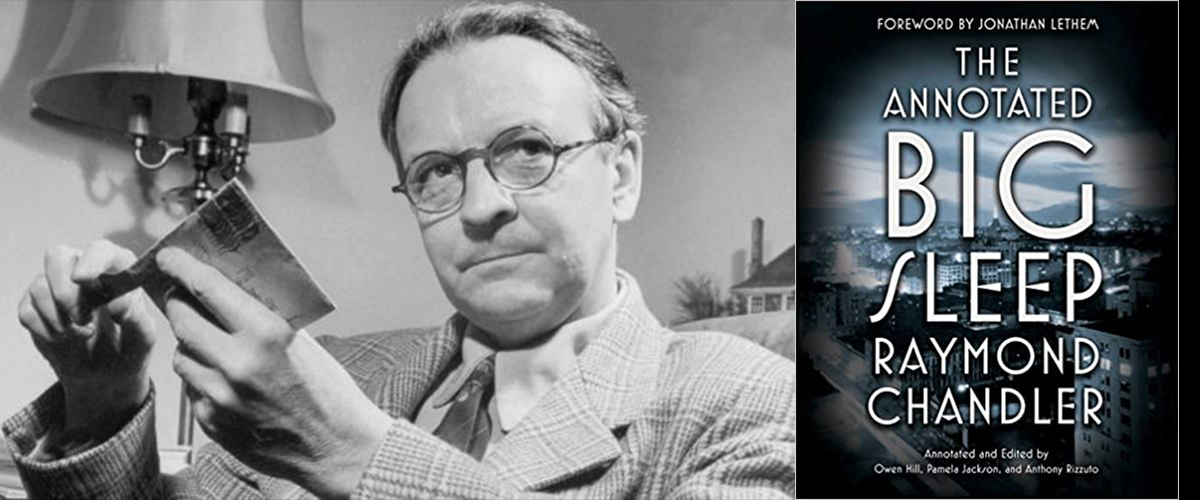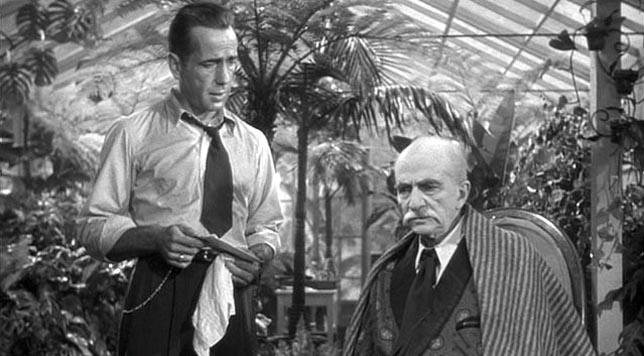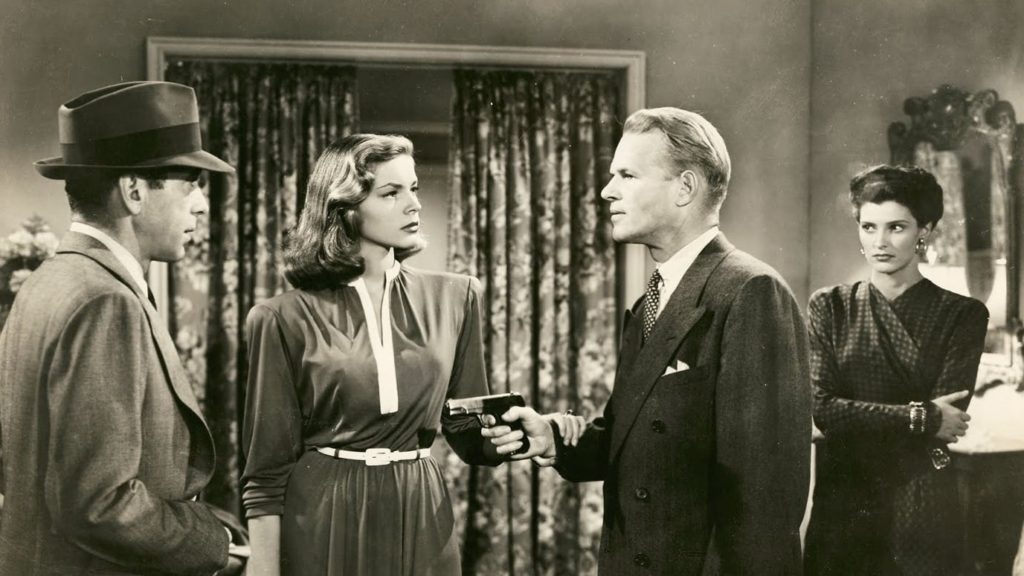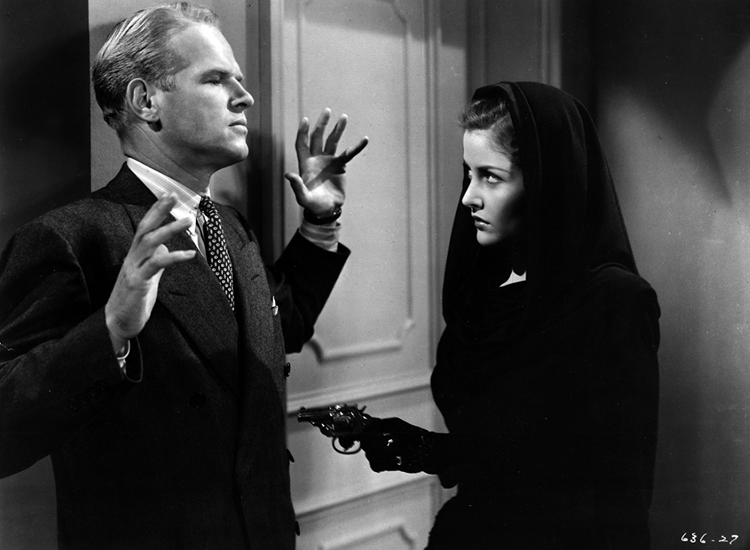
The Annotated Big Sleep by Raymond Chandler:
Annotated and edited by: Owen Hill, Pamela Jackson and Anthony Dean Rizzuto. Foreword by Jonathan Lethem.
Review submitted by MW Taylor
I ordered the “Annotated version of Raymond Chandler’s – The Big Sleep” as a Christmas gift to myself and eagerly awaited it’s arrival like a Red Rider Carbine BB Gun. Upon delivery I felt ithe impressive weight (over five hundred pages), ran my fingers over the glossy cover depicting a 1930’s Los Angeles skyline fraught with mystery. I truly believed my book showed promise of gravitas and illumination. Yet, always a pessimist, I still worried. How could cliff-notes and academic commentary add real substance to Chandler’s tale of illicit bookstores and murder? Once again, my fears were unfounded. I’m here to tell you brother, the annotated version from Vintage Press is an exhilerating deep dive into TBS and was well worth picking up!

To those unindoctrinated, TBS is no simple read, Chandler’s book meanders like a snake in a bed of white Petunias. Chandler defied the British mystery tradition by never being very concerned for coherent plots or tying loose ends. Instead his hard hitting style was derived (or distilled) from “pulp magazines” of the time. TBS begins straight-forward enough with Chandler’s detective, Phillip Marlowe being summoned by General Sternwood to “take care of” a blackmail attempt against his young and promiscuous daughter; Carmen Sternwood. Marlowe calls it a “lawyer’s job” but takes the job anyway for the promise of money and a concern for the crippled General in his waning days. Secretly, Marlowe is secretly intrigued by the second daughter, fiery Vivian Rutledge, whose Irish roughneck husband has vanished. What follows is a lush and confusing set of plots and sub-plots for which this expertly annotated version of TBS proves extremely useful in comprehending Chandler’s work. A most difficult job well done!
I took note of the annotator’s varied backgrounds which included crime literature, humanities, Los Angeles history, and all had a curious common connection with an antiquarian book store in Berkeley called Moes Books. Obviously no amateurs in this crime genre, I believe even Chandler would be pleased with their coherent layout of text and footnotes on the left while corresponding annotations are found on the facing page. Rising far above what is expected is the breadth of knowledge in critical areas of importance; Los Angeles societal commentary and generous helpings of delicious Chandler trivia. The citations to Chandler’s previous works are especially helpful given Chandler’s literary device of re-using plots and passages of previous work. The historical references to a 1930’s Los Angeles which no longer exists, Art Deco architecture and modest frame bungalows, small town nature and destructive influence of oil wealth. Who can remember Los Angeles as an oil boom town? Chandler certainly would, having worked for and been fired from the Dabney Oil company. Chandler’s insights undoubtedly lead to incisive commentary on the curse of easy oil wealth bestowed upon a family, the community or even the nation. The entire Sternwood family is cursed by easy wealth and referred to as “a family that bad things happen to” by police investigators mulling the death of the family chauffeur, Owen Taylor.

An unstated truth (or trope) in most detective fiction is every outward appearances is deceiving and whatever may appear to be simple or mundane, is surely not. That’s a fact when Marlowe’s simple blackmail job goes awry. Pornographer and book seller, Arthur Geiger is murdered and his sordid ties to Carmen are revealed, Marlowe’s job gets harder and more dangerous when murders pile up, The police demand a “fall guy” and Marlowe scrambles to shield the Sternwood family from public notoriety.
Lastly, TBS is a book forever linked to a REALLY BIG MOVIE of the same name (that did not win an academy award or was even nominated). Howard Hawk’s blockbuster film adaptation of 1946 (post-war version) starring Humphrey Bogart as Phillip Marlowe and Lauren Bacall as Vivian Rutledge, both coming off a sizzling performances in “to Have Or Have Not.” was acclaimed.The TBS annotaters provide context for Chandler’s feelings about the film, most of which he genuinely liked but would have preferred more of Martha Vickers, who played Carmen Sternweed. Chandler wrote: “the girl who played the nymph sister was so good she shattered Miss Bacall completely.”
Movie aside, The Annotated Big Sleep is well worth your time to first discover or re-discover Raymond Chandler’s most notorious work. I give this book my highest recommendation.


